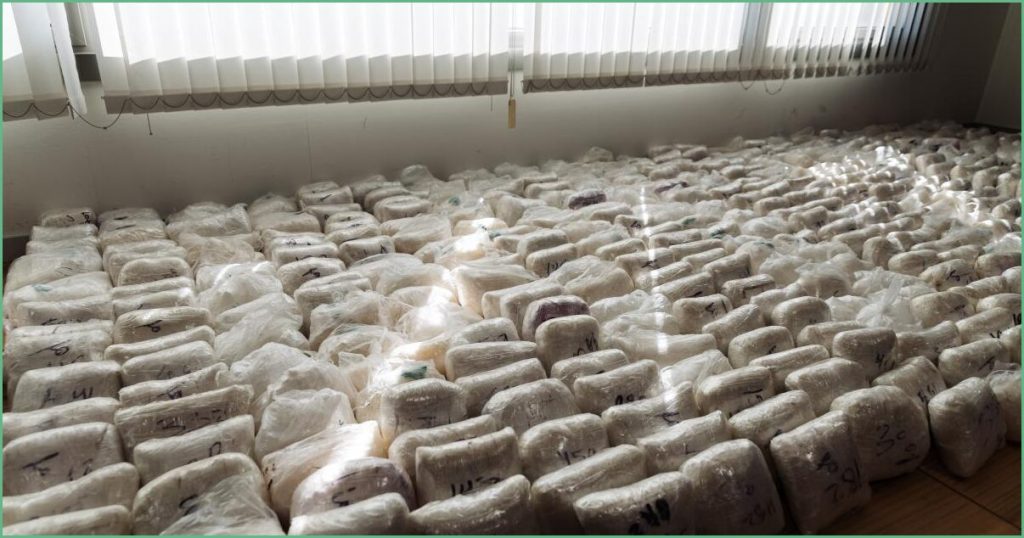U.S. Forces Recover Survivors After Strike on Suspected Smuggling Vessel in Caribbean
U.S. forces seized survivors after striking a vessel suspected of smuggling drugs in Caribbean waters, multiple sources say. A defense official and other people briefed on the situation told The Associated Press the operation was the sixth in the region and the first since August in which the military reportedly recovered people from the scene. The administration has not publicly confirmed the strike.
The action took place Thursday and, with this operation, officials say the tally of related missions since August now stands at six. The death toll tied to those strikes has reached at least 28. Details remain scarce while inquiries and operational reviews continue.
The people taken ashore were placed in U.S. custody, but officials have not said whether they will face criminal charges or be treated under military detention rules. That legal line matters because it determines what rights apply and which courts or tribunals will have jurisdiction. Ending smuggling runs takes force, but it also draws immediate legal scrutiny.
From a Republican perspective, taking the fight to the sea is a necessary way to protect American communities and choke off cartel revenues. Targeted military action can be an effective complement to law enforcement when carried out with clear rules and oversight. The seized survivors could provide intelligence that helps roll up larger networks.
Still, the intersection of national security and criminal law presents awkward choices. If they are charged in U.S. courts, prosecutors will need solid evidence gathered at sea, which poses challenges for chain of custody and admissibility. If handled as military detainees, different standards and protections apply.
The Caribbean remains a busy transit zone for narcotics flowing north, and U.S. maritime operations have increased as traffickers shift routes. The goal is to disrupt shipments before they reach land, but smuggling networks are resilient and adapt quickly. Sustained pressure and international cooperation are required to make a meaningful dent.
Officials will also face questions about civilian harm and proportionality given the reported fatalities. Every strike that results in deaths demands explanation about target selection and steps taken to limit noncombatant casualties. Republicans can and should defend decisive action while demanding accountability and clear legal pathways for detainees.
The administration’s silence so far leaves gaps for Congress and the public to press for clarity on legal handling and long-term strategy. How Washington processes those seized can set a policy precedent for future maritime interdictions. Meanwhile, investigators will try to piece together what happened and who was responsible.
Lawmakers from both parties will likely demand briefings, but this is also a moment for Republicans to make the case for robust tactics against drug cartels. Securing the maritime approaches to the United States reduces demand-side harm by cutting off supply before drugs reach the streets. The military’s role in those operations must be clear, lawful and tightly coordinated with prosecutors.
The coming days should bring more facts as officials declassify what they can and brief oversight committees. For now the operation signals an administration willing to use force to protect Americans and to try to disrupt dangerous smuggling networks. Public debate will focus on both effectiveness and legal boundaries.



